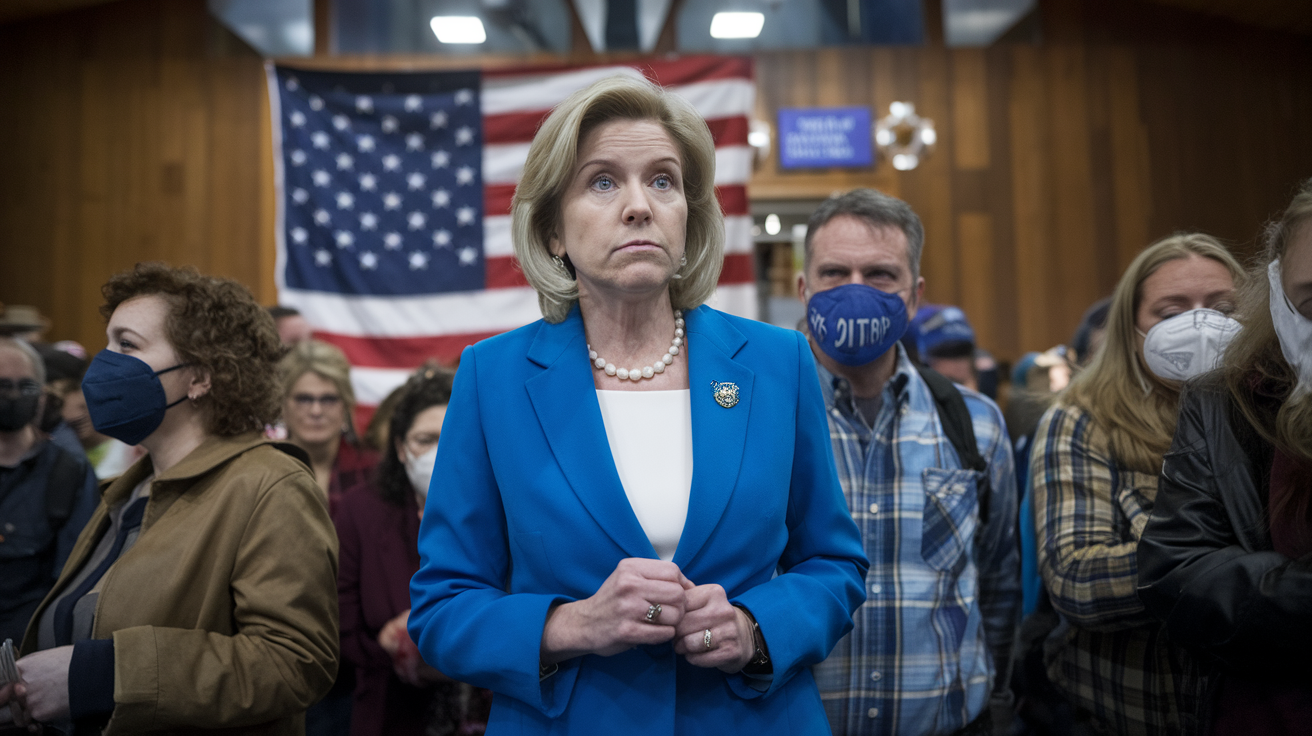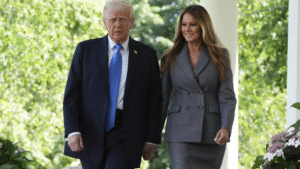Republican Town Halls Expose Divides: From Protests in North Carolina to Dissent in Wyoming
Recent Republican town halls have become focal points for increasing frustration within the party, as protests and dissent are evident in both North Carolina and Wyoming. These town halls are revealing the cracks within the Republican base, showcasing varying concerns about leadership, policy decisions, and the influence of figures like Elon Musk. In this blog, we will delve deeper into the events that transpired during these town halls, explore the broader implications for the Republican Party, and analyze what it means for future elections.
1. North Carolina: Tensions Reach a Boiling Point
In Asheville, North Carolina, Republican Congressman Chuck Edwards faced a packed town hall that quickly turned into a scene of protest. About 300 attendees filled the auditorium, while more than 1,000 protesters gathered outside, voicing their dissatisfaction with the Republican leadership.
- Protests and Key Issues Raised:
- The main concerns revolved around President Trump’s trade war, FEMA cuts, and growing concerns over government inefficiency.
- Protesters voiced frustrations about the impact these policies were having on local communities, particularly with funding cuts affecting public safety and emergency services.
Why It Matters:
The protests reflect a rising discontent among Republican voters about the direction of the party. Constituents are increasingly questioning the leadership’s policies, especially as issues like public safety and government spending directly impact their daily lives.
Key Issues Raised by Protesters at North Carolina Town Hall
| Issue | Impact on Constituents |
|---|---|
| Trump’s Trade War | Negative effects on local industries, especially farming |
| FEMA Cuts | Reduced funding for disaster relief programs in local areas |
| Government Efficiency | Concerns over privatization of public services like USPS |
2. Wyoming: A Different Tone but Still Growing Concerns
The town hall in Evanston, Wyoming, hosted by Congresswoman Harriet Hageman, had a calmer atmosphere compared to North Carolina’s heated event. While only about 250 attendees participated, there were still pointed questions regarding government spending, the role of private sector figures like Elon Musk, and the implications of his influence on public policy.
- Concerns Over Musk’s Role:
- One of the most controversial issues was Musk’s involvement in government efficiency efforts, particularly concerning the U.S. Postal Service and defense spending.
- While the tone was more supportive, some attendees voiced concerns about the impact of such decisions on essential services.
Why It Matters:
Although the atmosphere was less charged, Wyoming residents still expressed deep concerns about fiscal responsibility and the role of private-sector billionaires in shaping public policy. This contrast to North Carolina’s more volatile town hall highlights the differing priorities within the Republican base.
Key Concerns Raised at Wyoming Town Hall
Wyoming Town Hall
/ \
Musk's Influence Government Spending
/ \ / \
Postal Service Defense Privatization Public Services
3. Broader Implications: The Republican Party at a Crossroads
The tensions seen in North Carolina and Wyoming serve as a microcosm of the broader challenges within the Republican Party. As Republican lawmakers head into the 2024 elections, the growing divide between party loyalists and more moderate factions becomes increasingly evident.
- Internal Divides:
- In both states, we see a tension between traditional Republican values, such as strong national defense and fiscal conservatism, and growing concerns about government inefficiency and privatization.
- These divisions not only influence the tone of town halls but also affect voters’ trust in their representatives.
Why It Matters:
As the Republican Party seeks to unify its base for the upcoming elections, addressing these internal divides will be critical. Lawmakers will need to find common ground between traditional conservative policies and the evolving concerns of their constituents.
Conclusion: Navigating a Divided Future
The protests and concerns raised during these Republican town halls underscore the deepening divides within the party. These town halls are not just local events—they represent the broader anxieties and challenges Republicans will face in the run-up to the 2024 elections. Lawmakers must adapt to an evolving political landscape where voters are increasingly vocal about their dissatisfaction with government policies.
The Republican Party will need to address both internal divisions and external criticisms to maintain its support base and win over crucial swing voters in key battleground states. As the political landscape continues to evolve, town halls like those in North Carolina and Wyoming will remain vital touchpoints for gauging the pulse of the American electorate.





